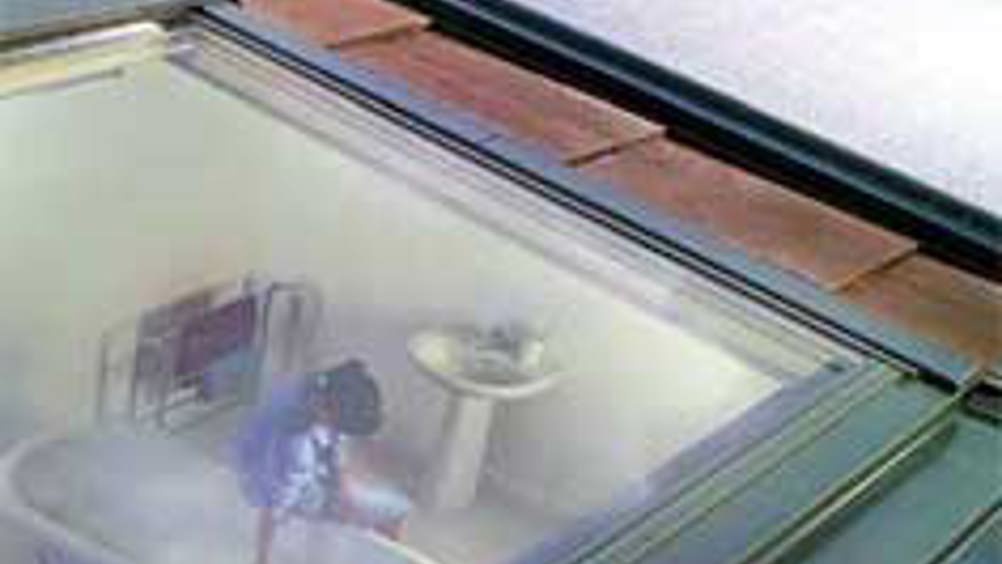Recycled living
A new structural material made from recycled plastics and minerals can be used to build low-carbon homes.

Thermo Poly Rock (TPR) material has been developed by Swansea-based Affresol, which now plans to launch a range of eco-friendly homes and modular portable buildings based on it.
Each house consists of approximately 18 tonnes of recycled plastic waste that was destined for landfill, while each modular building is made up of four tonnes of recycled waste.
This week, UK heating and hot water systems maker Worcester Bosch ordered the first modular building from Affresol for its plant in Warndon, Worcestershire.
The TPR panels are bolted together to form the load bearing frame of the house, which can be externally clad using a material of choice (brick, block or stone), and the interior insulated and plastered as standard. The roof is tiled from recycled materials.
Outlining the benefits, Affresol’s managing director, Ian McPherson, said that TPR is stronger and lighter than concrete, waterproof, fire retardant, does not rot and has excellent insulation properties.
A sustainable code 4/5 home built using TPR can be up to 12 per cent cheaper than standard build, and the TPR superstructure can be erected on site within four days. The houses have an estimated life cycle of more than 60 years and the TPR elements are 100 per cent recyclable at the end of life.
Register now to continue reading
Thanks for visiting The Engineer. You’ve now reached your monthly limit of news stories. Register for free to unlock unlimited access to all of our news coverage, as well as premium content including opinion, in-depth features and special reports.
Benefits of registering
-
In-depth insights and coverage of key emerging trends
-
Unrestricted access to special reports throughout the year
-
Daily technology news delivered straight to your inbox










UK Enters ‘Golden Age of Nuclear’
The delay (nearly 8 years) in getting approval for the Rolls-Royce SMR is most worrying. Signifies a torpid and expensive system that is quite onerous...